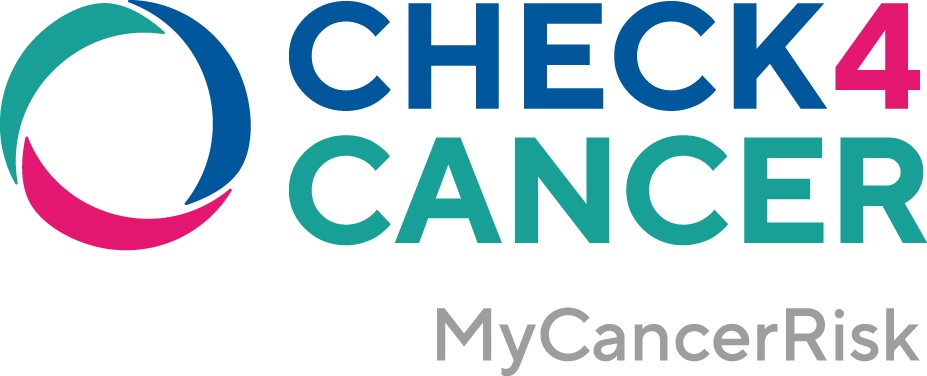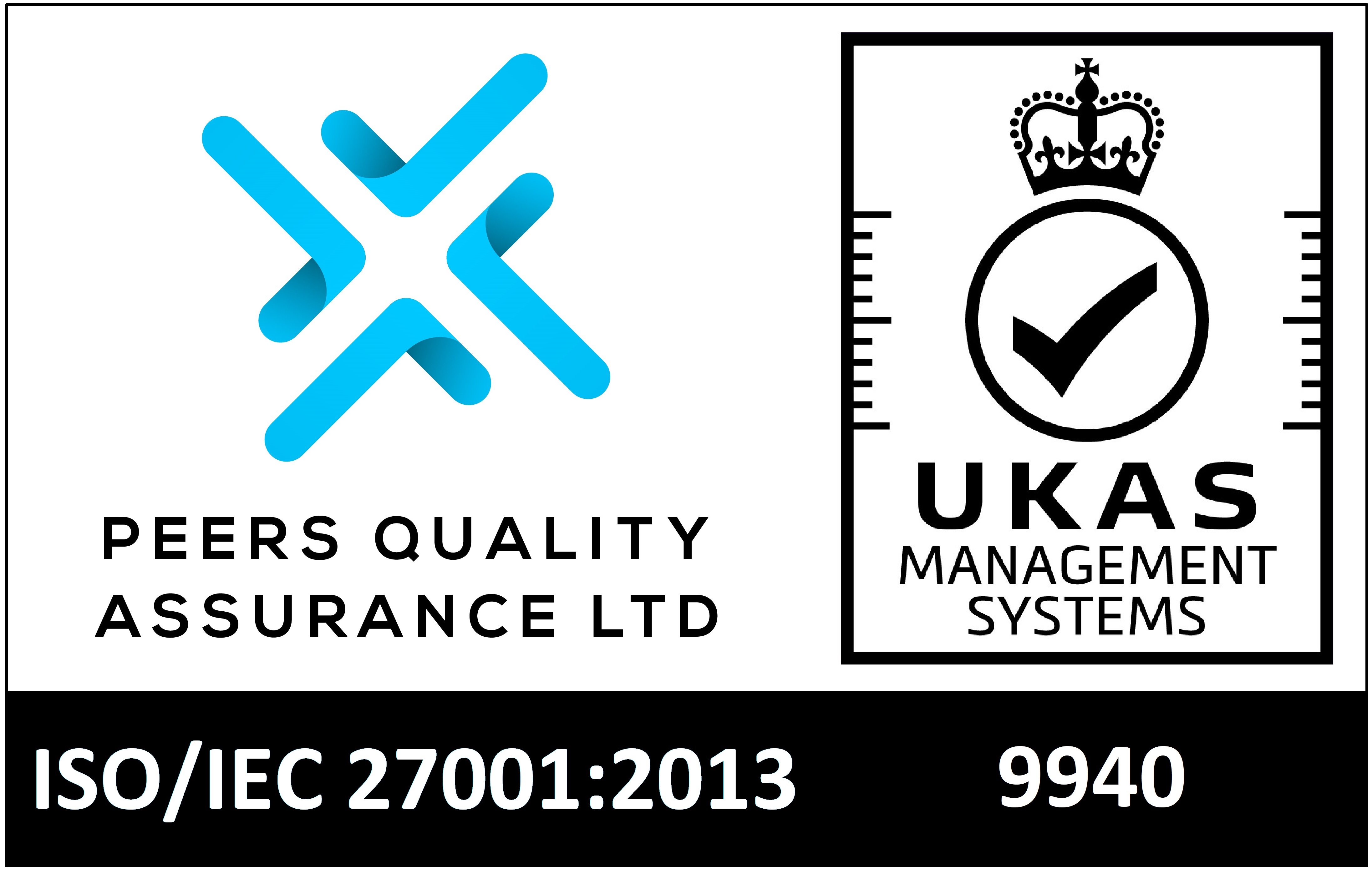With one in two people now predicted to get cancer in their lifetime, cancer impacts everyone directly or indirectly, and the global number of cases is increasing due to lifestyle choices, as well as a growing and ageing population¹,². There are more than 200 different types of cancer² and some are more prevalent in men than women. Here, we take a look at three cancers for which men are more at risk – prostate, bowel and lung – touching on prevalence, risk factors, symptoms and treatment options.
Prostate Cancer
Every year over 47,000 men in the UK are diagnosed with prostate cancer. It is the most common cancer in men – an estimated one in eight men will develop the disease at some point in their lives, and 31 men lose their lives to the disease every day. For black African and black Caribbean men the figure is higher, with prostate cancer affecting one in four³.
Prostate cancer is not clearly linked to any preventable risk factors; however, it is most prevalent in men aged 75-79, with over 35% of all new prostate cancer cases diagnosed in males over 75 years of age₄. Men are also more at risk from prostate cancer if their father or brother has had it.
Men with prostate cancer often have no symptoms, unless the disease is detected at a late stage, and there is currently no national NHS screening programme for prostate cancer. The chances of survival are extremely high in those who are diagnosed when there are no symptoms and when the disease is confined to the prostate gland. Screening is vital in protecting your health and early detection of prostate cancer could save your life.
Check4Cancer offers PSACheck, a simple, safe, affordable and convenient way to be screened for prostate cancer in the comfort of your own home. Our PSACheck test at-home kit includes Free and Total PSA for men aged 40+.
Bowel Cancer
There are around 42,300 new bowel cancer cases in the UK every year, more than 110 every day, accounting for 11% of all new cancer cases. It is the 3rd most common cancer in both men and women and the 2nd most common cause of cancer deaths, but incident rates differ significantly, with around 18,600 new cases each year in women, compared to 23,500 new cases for men₅.
Bowel cancer is most common in people aged 85 to 89; each year over 44% of all new bowel cancer cases in the UK are diagnosed in people aged 75 and over. Bowel cancer is more common in White people than in Asian or Black people. 54% of bowel cancer cases in the UK are preventable. The most common risk factors are eating processed meat, being overweight or obese, drinking alcohol, smoking and eating too little fibre₅.
Symptoms of bowel cancer include bleeding from your bottom and/or blood in your poo, a persistent and unexplained change in bowel habit, unexplained weight loss, extreme tiredness for no obvious reason, a pain or lump in your tummy.₆
If detected early, over 90% of people will survive it; over 50% of bowel cancer is preventable in the UK by screening and reducing your risks. The NHS offers bowel cancer screening from the age of 60 in England (age 50 in Scotland). Our BowelCheck service is a bowel cancer quantitative Faecal Immunochemical Test available to men and women over the age of 45+ years and can be carried out in the comfort of your own home.
Lung Cancer
There are around 35,300 lung cancer deaths in the UK every year, that's 97 every day. It is the most common cause of cancer death in the UK, for both men and women, accounting for 21% of all cancer deaths. Approximately 16,300 women die each year in the UK from lung cancer, compared to 18,800 men₇.
Mortality rates for lung cancer in the UK are highest in people aged 85 to 89. 79% of lung cancer cases in the UK are preventable; 72% of lung cancer cases in the UK are caused by smoking,ionising radiation, workplace exposure and air pollution also increase risk.
Primary symptoms include a persistent cough, coughing up blood, persistent breathlessness, unexplained tiredness and weight loss, and an ache or pain when breathing or coughing₈.
People with lung cancer may have no apparent lung cancer symptoms and there is currently no national screening programme in the UK. LungCheck is a unique early detection service for lung cancer diagnosis. It is available to men and women over the age of 45 and only available to current and past heavy smokers. The service includes:
- A lung cancer risk assessment based on age and smoking history
- A unique blood test (EarlyCDT® - Lung) which, in a study by NHS Scotland, increased the diagnosis of early stage lung cancer by more than 50%₉.
- A simple, at-home, blood collection kit (finger prick)
Take ownership of your health, and that of your family, and get checked for cancer now – it could save your life.
Refrences
¹https://www.bbc.co.uk/news/health-45497304
²https://www.cancerresearchuk.org/about-cancer/what-is-cancer
³https://orchid-cancer.org.uk/awareness-education/male-cancer-awareness-week-2019/
₆https://www.bowelcanceruk.org.uk/about-bowel-cancer/symptoms/">https://www.bowelcanceruk.org.uk/about-bowel-cancer/symptoms/
₇https://www.cancerresearchuk.org/health-professional/cancer-statistics/statistics-by-cancer-type/lung-cancer#heading-One">https://www.cancerresearchuk.org/health-professional/cancer-statistics/statistics-by-cancer-type/lung-cancer#heading-One
₈https://www.nhs.uk/conditions/lung-cancer/">https://www.nhs.uk/conditions/lung-cancer/
₉https://www.bbc.co.uk/news/uk-scotland-49638208




